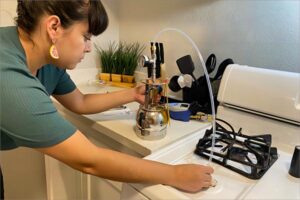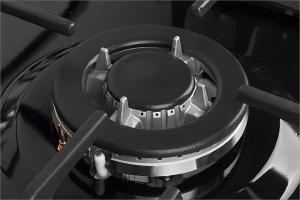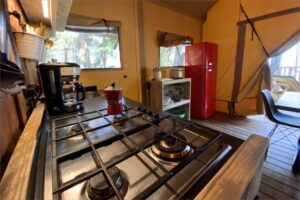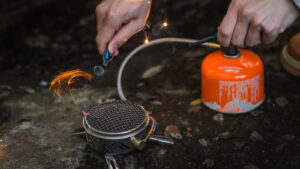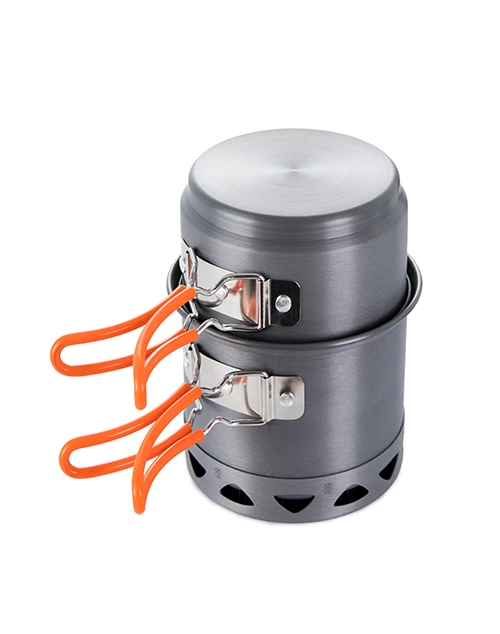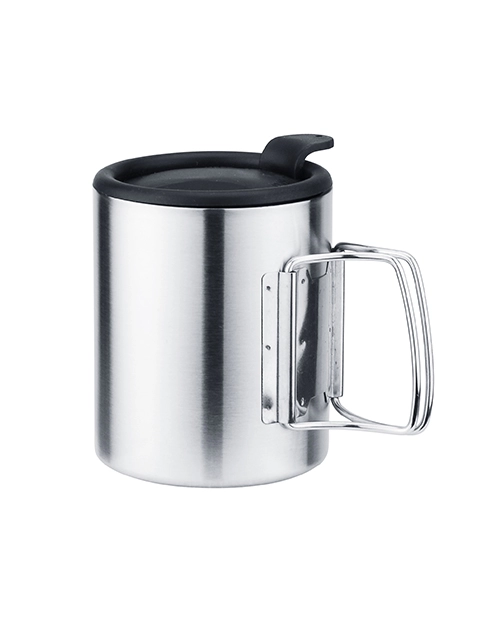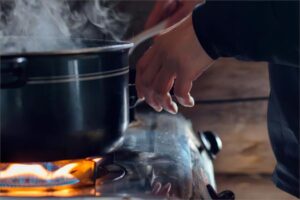
Natural gas burns cleanly and produces no smoke or pollution, so it is used to heat modern homes. However, it is hazardous to one’s health. If gas leaks into your home from a gas line or a burner, you might be in a dangerous scenario. To continue using your gas stove, you must take the necessary precautions to avoid a gas leak and protect yourself if one happens.
So, let us learn everything there is to know about gas stove leaks and how to keep your kitchen safe!
Causes of a Gas Stove Leak: Understanding Why Your Gas Stove is Leaking Gas
Understanding the real cause of a gas leak from your stove’s burner is critical for troubleshooting. A gas stove leaking gas might be caused by several circumstances, including:
- Stove Age:Gas stoves, like every other device, have a lifespan. Wear and tear can cause leaks over time, especially in stoves used often or are just getting old.
- Component Wear:The heart of any gas stove is its burners and valves. These key components can become the source of a gas leak if worn or damaged, frequently due to corrosion or normal wear and tear.
- Faulty Installation:Improper installation might potentially cause a gas leak. This might happen if the stove isn’t level or the gas supply hose isn’t firmly attached, compromising the integrity of the gas line.
- Neglected Maintenance:Debris buildup can occur as a result of poor maintenance, such as failing to clean or repair your gas stove. This can impede the burners and contribute to gas leaks.
Why Are They Dangerous?
Gas leaks pose a considerable risk. This is due to several factors. They are as follows:
- High amounts of gas can cause dizziness and asphyxiation, mainly if the gas is contained in a small region.
- Natural gas is very flammable. It can explode if exposed to a flame. This is also why, when used properly, natural gas is an excellent cooking fuel.
- Natural gas is hazardous to any plants in your home. Houseplants, trees, and vegetation may be included.
- Even if the natural gas does not explode, it can cause extensive property damage.
- Natural gas is also quite expensive, especially when it begins to leak. It has the potential to increase your utility expenses drastically.
How to Fix Gas Stove Leaking Gas from Burner? Remedies for Leaking Gas
If you believe your gas stove is leaking gas from the burner, you must act quickly to protect your house. Fortunately, repairing a gas leak is typically simple and may be handled by following the procedures below:
- Shut Off the Gas:The first step in dealing with a gas stove leak is to cut off the gas supply. This is usually accomplished by turning the stove knob to the “off” position or turning off your home’s main gas valve.
- Identify the Leak Source:Once the gas supply has been turned off, your next step is to find the leak. A soap and water solution will bubble when it touches the escaping gas. Concentrate on the connections, valves, and
- Secure Connections:If the leak is caused by a loose connection, merely tightening it may be enough to fix the problem. Take care not to damage the gas line by tightening it too tightly.
- Replace Aged Components:If the leak is caused by worn-out components such as burners or valves, they must be replaced. If unsure, consult the owner’s handbook for your gas stove or get expert assistance.
- Clear Debris:If debris is clogging the burners and causing the leak, a thorough cleaning is required. Remove dirt with a gentle brush or cloth before reassembling the burners.
- Reignite the Stove: After you’ve fixed the leak and reassembled all the parts, it’s time to relight the stove. To safely restart the gas, follow the manufacturer’s instructions.
Prevention Tips: How to Prevent Gas Leaks from Stoves
Preventing gas stoves from leaking gas from the burner is critical to protecting the safety of your house and preventing the trouble of future leak repairs. Here are some preventative measures to consider:
- Regular maintenance:Preventing gas stove leaks requires regular maintenance. Regularly inspect the connections and burners for signs of wear and tear. Also, ensure the stove and surrounding area are clear of debris clogging the burners.
- Use high-quality parts:When changing parts, use high-quality replacement parts specified by the manufacturer. Using low-quality parts increases the likelihood of leakage and other issues.
- Store flammable items away from the stove: To reduce the danger of fire, keep combustible items such as cooking oils, paper towels, and cleaning supplies away.
- Keep the stove clean:A clean stove is a safe stove. Clean the stove and surrounding area regularly to lessen the chance of a fire and other hazards.
- Call a professional for repairs:If you suspect a gas stove leak or require repairs, contact a professional. A qualified plumber or gas expert can swiftly and safely examine and remedy the problem.
Conclusion
Finally, fixing a gas leak from your stove’s burner is of the highest importance. Recognizing the indications of a gas leak and acting quickly can save lives. From turning off the gas supply to using gas leak detectors, each step is critical for guaranteeing house safety and avoiding health concerns.
Regular maintenance and the use of high-quality components are essential for avoiding further leaks. If you suspect a gas leak in your house, do not hesitate to contact a professional. Professional help can give a comprehensive examination for a gas leak as well as peace of mind. You can enjoy the benefits of your gas stove while limiting potential dangers by remaining watchful and following safety procedures. When in doubt, it’s always better to be safe than sorry.
ODM service
Looking for reliable camping stove supplier? At Deermaple, we specialize in ODM service, offering high-quality and innovative stoves tailored to your needs.
If you are interested in camping stove wholesale , please contact us.

